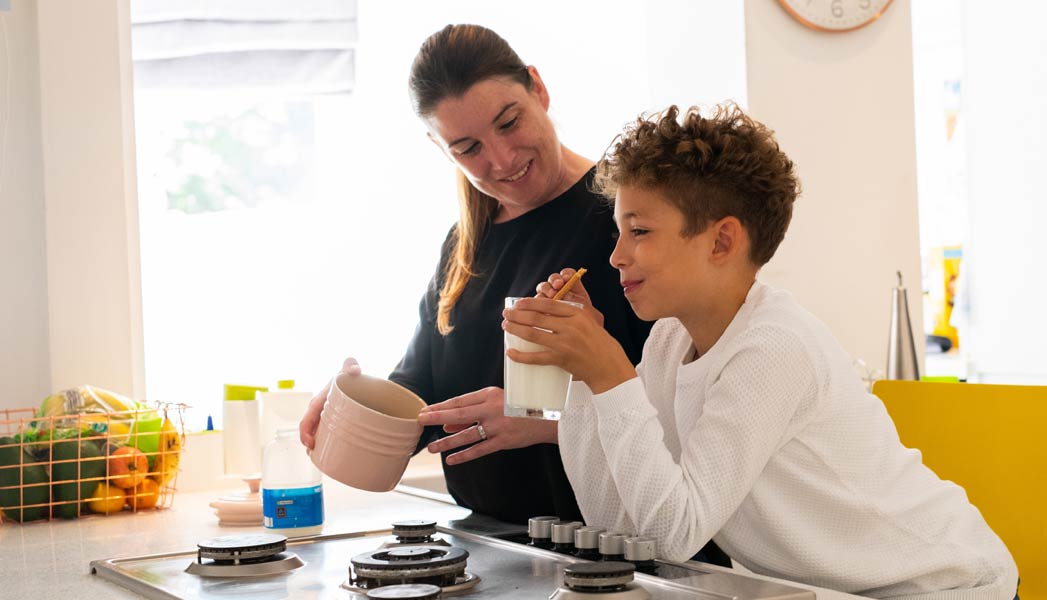Jam-jar budgeting: The simple trick to organise your finances
We've talked in the past about ways you can use technology to...
Rent to own now, keep paying much, much later? The End Child Poverty (ECP) coalition has launched a campaign, which we’re supporting, to protect people who are paying way above standard prices for basic household goods through rent-to-own companies, such as BrightHouse or Perfect Homes.

The ECP coalition found, with the help of insights from our clients, that people are paying as much as three times more when using weekly payment schemes compared to the standard price paid for goods up front.
To help you avoid paying over the odds to furnish your home, we’ve put together some alternatives – along with some shocking facts about right-to-own.
Have you ever bought a fridge, TV or sofa from one of the rent-to- own companies like BrightHouse or PerfectHome? It may have seemed like the best (or only) option at the time, but it wouldn’t have been the most cost-effective choice.
The ECP coalition has compared the prices customers paid in real terms (when interest over the term of the contract was calculated – typically over three years) against the cost of paying up front.
The results are pretty shocking, for example:
It’s not just the cost of goods through rent-to-own agreements, but the extra stresses and strains these added payments cause which is alarming.
Credit unions:
Credit unions are known for offering fairly priced loans at affordable rates. But did you know that some also offer great value electrical and household goods through low-cost rent-to-own agreements?
Find out if a credit union near you can help.
Buy second hand:
This is a convenient and environmentally-friendly way for people to get rid of things they don’t need any more.
Buying second hand can be a really good option and you can find quality items on websites like eBay and Gumtree.
Another option is the Freecycle network, which allows members to give – and get – items for free. There’s also Pre-Loved which has a range of cheap goods, with the option to haggle over an even cheaper price.
Charitable initiatives:
Across the UK, furniture re-use charities provide essential furniture, electrical appliances, and smaller household goods. These organisations provide good quality (‘good-as-new’) items that are more affordable.
Visit the Furniture Re-Use Network and see if they can help.
Local welfare provision:
For people in a financial crisis, councils provide access to essential household items like cookers or beds. This is only for people experiencing an emergency so be sure to make your financial situation clear.
The Children’s Society has designed a map that contains information about schemes across the UK. So wherever you live, you should be able to find support.
To find out how you can support the ECP’s campaign and learn more about the extra charges facing financially vulnerable families when renting to buy, visit the ECP website.